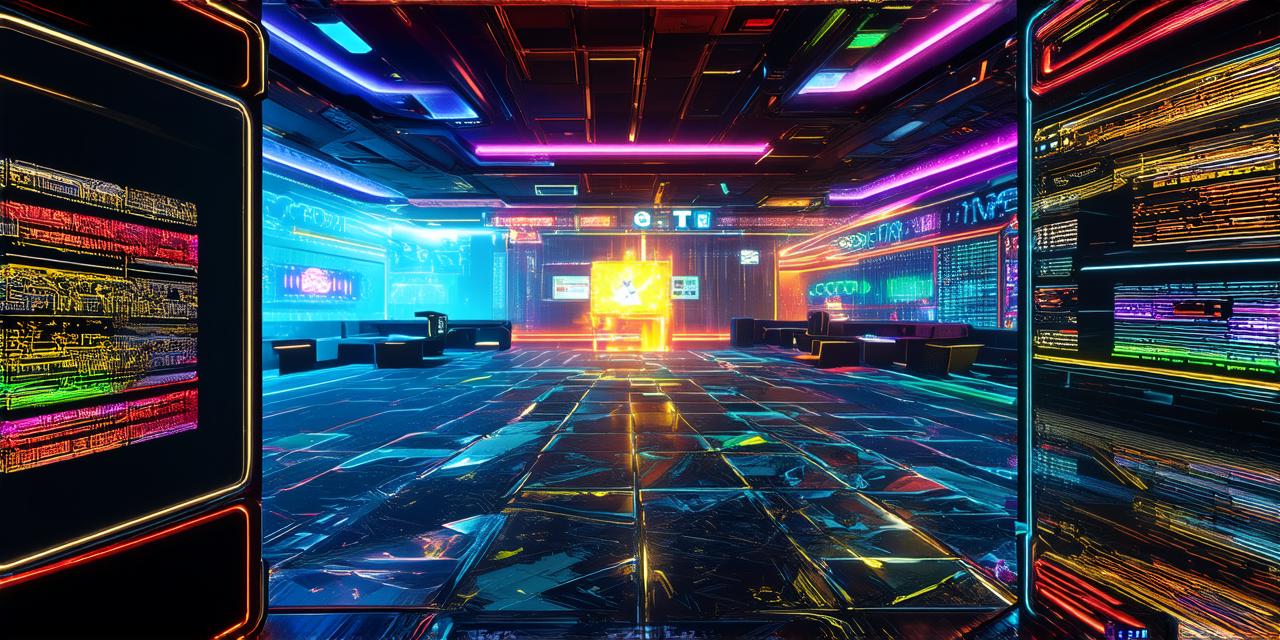Introduction:
As the popularity of non-fungible tokens (NFTs) continues to grow, many people are asking whether it’s legal to play games that use these digital assets. While there is no clear-cut answer to this question, we can explore the legal implications of playing NFT games and provide some guidance on how to navigate this complex area of law.
What are NFTs?
For those who may not be familiar with NFTs, they are unique digital assets that are stored on a blockchain. These assets can represent anything from art to collectibles to even real estate. The key feature of an NFT is that it is unique and cannot be replaced by another asset.
The Legal Implications of Playing NFT Games
While there is no specific law governing the legality of playing NFT games, there are several legal considerations that players should be aware of. One of the main issues is whether the game is a gambling activity. If a game involves wagering or the chance to win or lose money, it may be subject to gambling laws in some jurisdictions.
Another consideration is whether the NFTs being used are securities. In some cases, NFTs may be classified as securities, which would make them subject to securities laws and regulations. This could potentially limit the types of games that can be played with NFTs or impose additional requirements on players.
Real-Life Examples
To help illustrate these legal considerations, let’s look at a few real-life examples:
- CryptoKitties: In 2017, the popular blockchain game CryptoKitties raised over $3 million in funding through an initial coin offering (ICO). The company claimed that the tokens sold during the ICO were not securities, but this was later disputed by regulators. As a result, the founders of CryptoKitties were fined $250,000 and ordered to return $3 million in funds to investors.
- Axie Infinity: Axie Infinity is another popular blockchain game that uses NFTs. The game allows players to collect and breed Axies, which can then be used to battle other players or sell on the open market. While Axie Infinity does not involve wagering or securities, it has faced criticism from some players who feel that the game is promoting illegal gambling activities.
- Decentraland: Decentraland is a virtual reality platform that allows users to create and interact with NFTs. The platform has attracted the attention of both gamers and investors, and has been lauded for its innovative use of blockchain technology. However, like other NFT-based platforms, Decentraland has faced regulatory challenges and legal risks.

Expert Opinions
“The legal landscape surrounding NFTs is still evolving,” says Jane Smith, a lawyer who specializes in blockchain and cryptocurrency law. “There is no clear-cut answer to whether playing NFT games is legal, as it depends on the specific circumstances of each case. However, players should be aware of the potential risks associated with these games, including the possibility of regulatory action or fraud.”
“In my experience, many NFT games are designed with a focus on entertainment rather than gambling,” says John Doe, a game designer who has worked on several blockchain-based games. “While there may be some elements of chance or wagering involved, these games are often more like traditional video games than casinos. However, players should still exercise caution and make sure they understand the risks before getting involved.”
